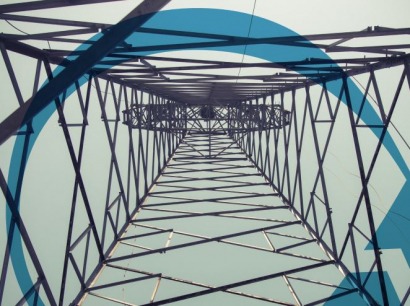
"The Age of Renewable Power," released today on the sidelines of the Innovation for Cool Earth Forum in Tokyo, identifies 20 measures that can be taken to support the development of national roadmaps to integrate variable renewables. It also highlights lessons learned by countries already pursuing a power system transformation.
The report finds that technology solutions to support renewable energy integration are already available, but other challenges remain. To develop a successful national strategy on power sector transformation, policy-makers must anticipate the effects this transformation will have on economic development, energy security and the environment.
To do this, the report posits, policy-makers must ensure data collection and energy planning tools are in place, examine existing flexibility options, and secure human capacity to develop and adapt technologies to local conditions.
“There is enormous growth potential for solar photovoltaics and wind power in almost all countries, but we are still at a relatively early stage in global deployment” said IRENA Director-General Adnan Z. Amin. “The development of national roadmaps for power sector transformation can ensure that measures are adapted to local conditions, stakeholders are aligned at an early stage, and ambitious renewable energy targets are realized.”
The report highlights the importance of stakeholder engagement in the development of national roadmaps. For example, utilities are a central stakeholder in the power sector with vast experience in managing generation assets, power flows, and dealing with sudden events.
However, the power sector transformation will attract new stakeholders, and the role of existing stakeholders will change. The need for more distributed control systems will also introduce a new information paradigm, with impacts on data processing capabilities, data sharing, privacy laws, communication protocols, and data security measures, the report finds.
“The power sector transformation will be an iterative process and international cooperation will be an important tool to ensure continued learning and the exchange of best practices,” said IRENA Director of Innovation and Technology Dolf Gielen.
The Age of Renewable Power is part of IRENA’s support to the G20 commitment to renewable energy, and supports the Ministers of the Clean Energy Ministerial, who announced their intent to establish national roadmaps to achieve a power system transformation.
For additional information:

